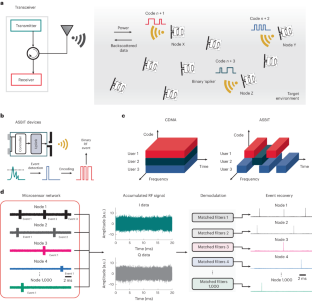2024-03-18 マサチューセッツ大学アマースト校
<関連情報>
- https://www.psu.edu/news/research/story/virtual-reality-better-video-evoking-fear-spurring-climate-action/
- https://journals.sagepub.com/doi/10.1177/10755470241229453
VRは利益と損失のフレーミングをしたメッセージの感情的訴求と説得力にどのような影響を与えるか? How Does VR Affect Emotional Appeal and Persuasiveness of Gain Versus Loss-Framed Messages?
Mengqi Liao, Pejman Sajjadi, and S. Shyam Sundar
Science Communication Published:February 18, 2024
DOI:https://doi.org/10.1177/10755470241229453

Abstract
Can virtual reality (VR) lead to more desirable persuasion effects than videos in communicating the science of contentious issues like climate change? And, will these effects differ between messages that offer hope versus fear? We addressed these questions with a 2 (Modality: Desktop VR vs. Unidirectional video) × 2 (framing: Gain vs. Loss) between-subjects experiment (N = 130), and found that VR triggered more fearful responses, which in turn led to more persuasive outcomes. It also increased individuals’ attitudes toward climate change mitigation policy when the experience was loss-framed, but backfired when the experience was gain-framed. Theoretical and practical implications are discussed.


